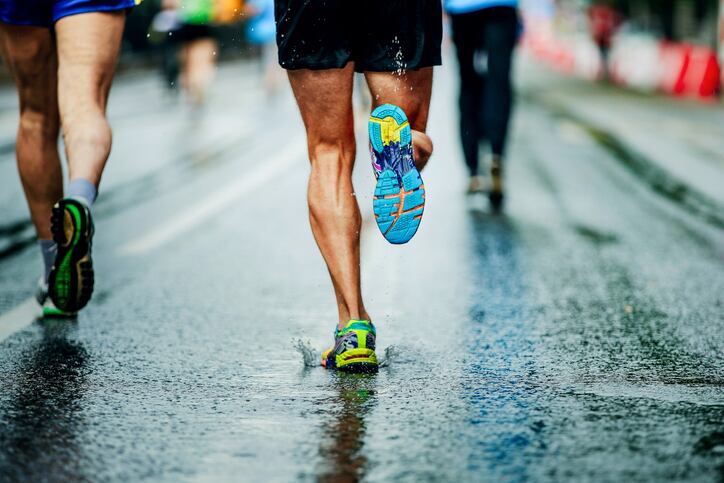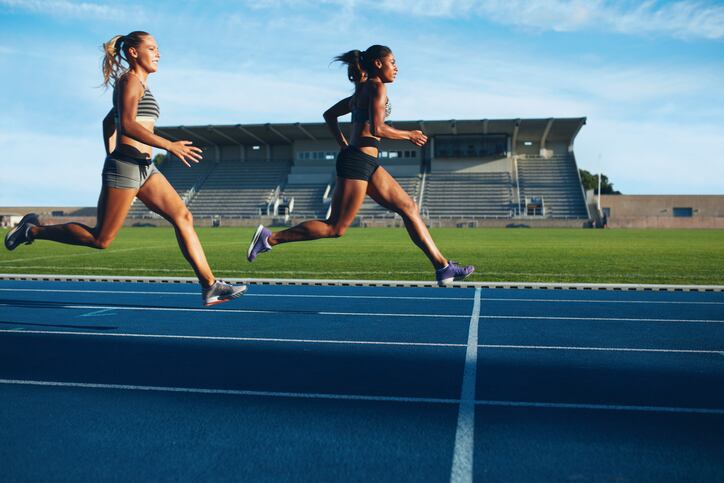Ultra-endurance mountain race events (>4 h) can range from mountain marathons (42,195 m) to multistage ultra-marathons (up to 350 km), with an accumulative altitude gain of up to 24,000m, all the while being exposed to different environmental conditions resulting in extreme physiological demands.
Carbohydrate (CHO) intake during endurance exercise has been shown to delay neuromuscular fatigue and improve exercise capacity and work rate significantly. Although the current recommendations in events lasting more than 2.5 h include the 90 g/h CHO intake, pre-event gut training avoids gastrointestinal discomfort so it can facilitate the intake of greater amounts of CHO. Pfeiffer et al showed that athletes who consumed 120 g/h were among the fastest during two ultra-endurance events, indicating a delay in the onset of fatigue. It has also been found that higher CHO intake (120 g/h) than recommended could be a determining factor in the internal exercise load response and could limit exercise-induced muscle damage (EIMD) in elite trail runners.
In the current study, researchers from the University of Leon, Spain, set out to discover how CHO intake could not only help improve performance during exercise, but also improve recovery.
They carried out a randomised trial on 20 male elite runners who had previously undertaken nutritional and gut training, and who consumed different CHO dosages according to experimental (EXP—120 g/h), control (CON—90 g/h) and low CHO intake (LOW—60 g/h) groups during a ~4000 m cumulative slope mountain marathon.
EIMD markers were analysed before the race and 24 h afterwards. Internal exercise load was calculated based on rate of perceived exertion (RPE) during and after the marathon event.
The results suggested that 120 g/h CHO during a mountain marathon could limit neuromuscular fatigue and improve long-term muscle recovery by limiting the decrease in neuromuscular function and high intensity run capacity 24 hours after.
They conclude that high CHO intakes during highly demanding exercises of up to 120 g/h could represent a new, more suitable strategy for optimising post-exercise recovery during consecutive efforts and might be well tolerated in physiologically extreme conditions following a gut training plan.
Source: Nutrients
Urdampilleta. A., et al
"Effects of 120 g/h of Carbohydrates Intake during a Mountain Marathon on Exercise-Induced Muscle Damage in Elite Runners"





